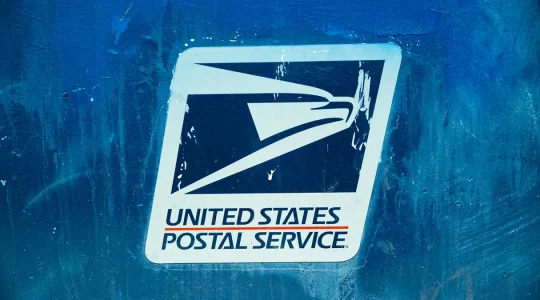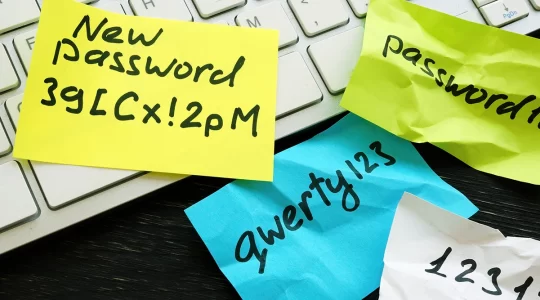The Subtle Clues You’re Being Scammed (and How to Stop It)

As kids, we were told to not take candy from or talk to a stranger. In today’s world, speaking to strangers is normal, from taking an Uber or order from Grubhub to social media and remote interactions. The 21st Century has made it easier to trust people and technology, but we should still use caution.
Scammers have increased tenfold and have gained ways to impersonate a company or someone you know, pull at your heartstrings and get you to trust them enough to give them your personal information.
How do you know if you might have been scammed? Here’s 11 questions to ask yourself:
- Have you been told to not tell us the truth about your cash transaction?
- Are you being asked to deposit this cash into a Bitcoin/Crypto machine or purchase gift cards?
- Have you been told someone at the credit union is involved in fraud and you are to withdraw your money to assist in the investigation?
- Have you or someone you love been threatened to be arrested or slandered if you don’t send money?
- Have you been given a check from an unknown entity to deposit, and then asked to send a portion of the funds back?
- Have you been told you have won a sweepstake or the lottery, but you must pay fees and taxes first?
- Have you been told that you were “accidentally” refunded too much money and if you don’t pay it back the person you are communicating with will lose their job?
- Have you been told to purchase unusual items such as precious metals or art and send to someone?
- Have you been pressured or threatened by a stranger, friend, or family member for money or access to your account?
- Is someone listening to this conversation via your cell phone?
- Are you being asked to mail or ship cash for a payment?
If you answered yes to one or more of these, then there’s a 99% chance you’ve been scammed and we’re here to help you.
- Don’t be afraid or embarrassed – scams and fraud happen often, and we are here to help you.
- Contact your financial institution immediately – the sooner you let them know, the easier it is to help you with your accounts and loans.
- Monitor your credit – enroll in our free Credit Score Solution within our digital banking and review your credit score and report periodically. You can also receive free credit reports once a year from annualcreditreport.com.
- If you think someone might be using your personal information – you can report it at ftc.gov.
If you answered no to these questions – that’s good news! We don’t want anyone to become a fish on the phishing line. With so many scam types out there, here’s some tips, tricks and fun facts to help make sure you’re never caught.
Remember STOP:
Sender – Verify the sender’s identity
Tone – Look for urgent or alarming language
Offers – Be skeptical of offers that seem too good to be true
Phishing – Be wary of links that look odd, unfamiliar, or lead to fake websites
Key things to keep in mind:
- Heritage Grove will never call, email or text asking for sensitive information, such as:
- Login credentials
- PIN
- Full SSN
- Debit/Credit card numbers
- CVV code
- Code Word
- Always access digital banking from Heritage Grove’s website or mobile app.
- Enroll in push notifications, enable two-factor authentication, and ensure your financial institution has your up-to-date contact information.
- Never click on links in text messages, unless you’re certain of the source.
- Be suspicious of communications asking for sensitive information – don’t provide personal information.
- Scammers can use urgency to put you at risk of making sensitive decisions quickly. Don’t rush! Take the time to think through the request and consider whether the call, text or email is real.
- Call the family member, friend or company directly from a number you know or google search the company and find their phone number on their website.
Additional tips to help you outsmart the fraudsters for any scenario:
- Enroll in push notifications, enable two-factor authentication, and ensure your financial institution has your up-to-date contact information.
- Scammers can use urgency to put you at risk of making sensitive decisions quickly. Don’t rush! Take the time to think through the request and consider whether the call, text or email is real.
- Be suspicious of communications asking for sensitive information – don’t provide personal information.
- Call the family member, friend or company directly. All from a number you know or google search the company and find their phone number on their website.
Questions? Call/text 503.588.0211 or email creditunion@ourgrovecu.com.




